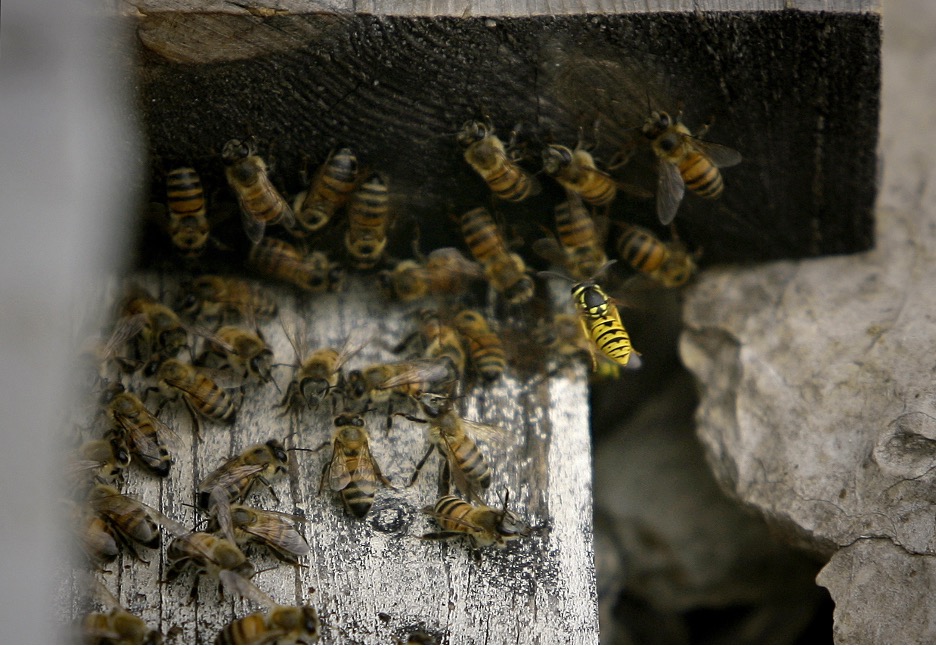In a world shaped by mounting environmental and economic challenges, startups are emerging as powerful engines of local, sustainable solutions. Among the many initiatives observed by Al-Safa News, one particularly inspiring example stands out: the journey of Jad Abou Hamdan in Lebanon’s beekeeping sector—a story that fuses passion, persistence, learning, and innovation.
Jad’s journey began nearly eight years ago, when he and his friends noticed a critical gap in Lebanon’s queen bee market. Heavy reliance on imported queens raised serious concerns about their adaptability, productivity, behavioral traits, and even authenticity. Some of these imported queens, Jad observed, lacked the key characteristics Lebanese beekeepers required. Worse yet, instances of fraud in the market had caused significant losses to local apiarists.
Rather than just accept the problem, Jad decided to turn it into an opportunity. Alongside his team, he launched a specialized breeding program to develop robust, productive, and affordable queen bees suited for Lebanon and the wider Arab world. The program combined two core techniques: natural mating and artificial insemination—a sophisticated method that allows control over the genetic traits of the queen.
But Jad’s ambitions went far beyond producing quality queens. He envisioned establishing a local scientific reference point in the field. After years of experimentation and fieldwork, he set his sights on obtaining an international certification in artificial insemination from a specialized institute in France, opening doors for further scientific advancement and global marketing.
The turning point in Jad’s project came in 2022, when he joined “REEF,” a support program for startups. At that stage, the project idea was there, but lacked both a solid business plan and adequate funding. REEF provided a comprehensive support package—training, mentorship, and financial assistance—that helped the team transform their concept into a viable enterprise. Through the program, Jad learned how to think like an entrepreneur, build a business model, and manage the project as an institution rather than a personal craft.
Later, Jad joined “AgriTech,” another initiative aimed at promoting agricultural innovation. This gave him the tools to develop digital systems for tracking queen bee performance across hives, using precise data to help beekeepers make informed decisions.
His journey continues. In June 2025, Jad is set to travel to France to undergo specialized training in artificial insemination—a step that will deepen his expertise and solidify his presence in this vital sector.
In the end, Jad Abou Hamdan’s story is a shining example of entrepreneurial spirit flourishing in a difficult environment. He turned a widespread problem into a platform for innovation, blending field expertise with science, technology, and institutional support. Today, his goal isn’t only to elevate Lebanon’s beekeeping industry, but to offer a model of excellence for the Arab world.
Please post your comments on:
[email protected]
 Politics
Politics













